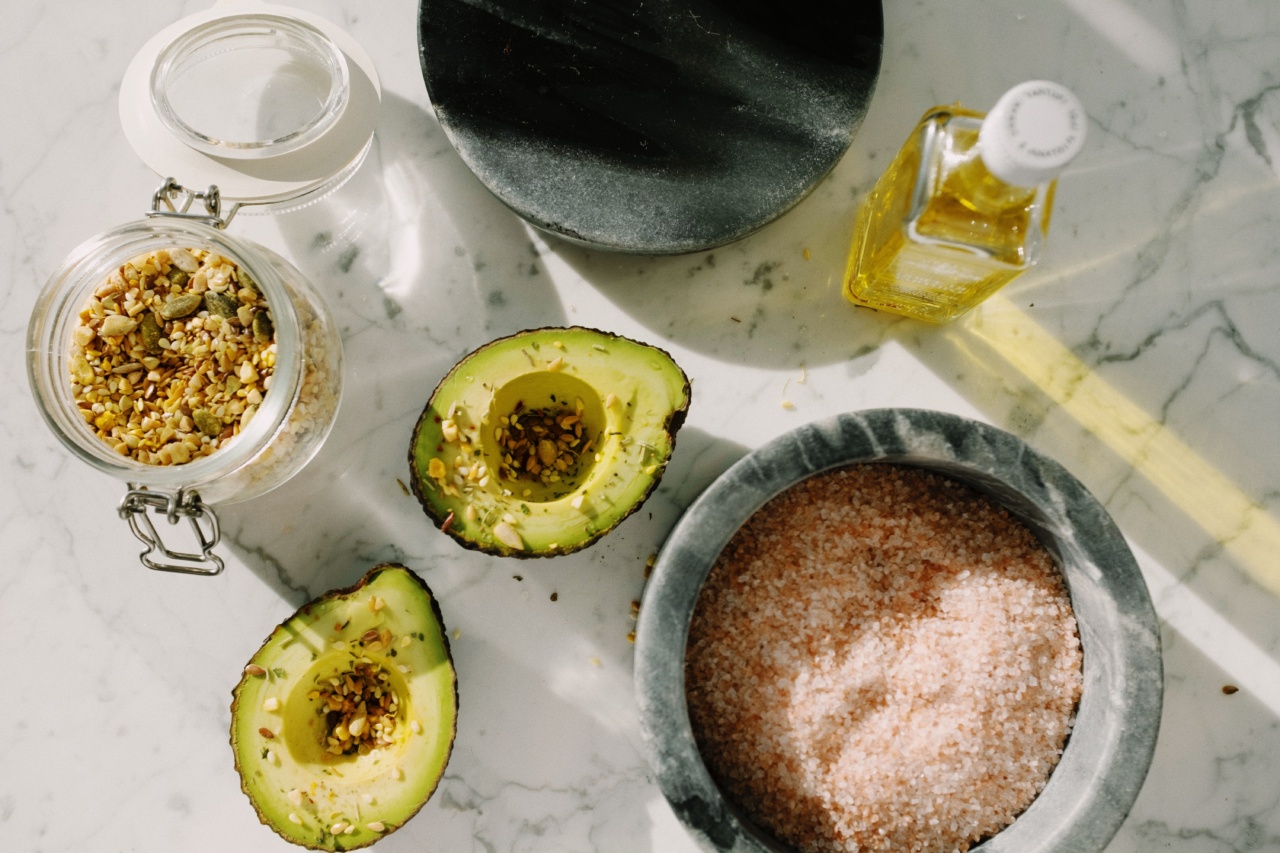High cholesterol levels are one of the most significant concerns for the human body’s health, as it can lead to numerous serious health issues, including heart disease.
While cholesterol is essential for the body’s functioning, too much of it can lead to health problems. Some kinds of foods can reduce cholesterol levels efficiently, and a vegetarian diet can help you achieve that outcome.
Lentils
Lentils are an excellent source of protein and fiber without any cholesterol. They contain high amounts of soluble fibers known as pectin, which prevents cholesterol from sticking the body walls.
Soluble fibers bind with bile acids, which are made of cholesterol, removing them from the body. As a result, lentils can help reduce cholesterol levels effectively. It is recommended that you consume half a cup of lentils each day to help combat cholesterol.
Spinach
Spinach is an excellent vegetable with anti-inflammatory, antioxidant, and heart-health benefits. It contains lutein, which is a type of carotenoid that’s connected with a lower risk of heart attacks and other heart-related issues.
Additionally, spinach contains soluble fiber that helps in lowering cholesterol levels. It is recommended that you add fresh spinach into your salads or blend it into a smoothie to enjoy its cholesterol-lowering benefits.
Almonds
Almonds are wholesome and nourishing nuts that make for an excellent snack. They are also efficient cholesterol fighters.
Almonds are good at raising “good” cholesterol (HDL cholesterol) levels, thanks to their high levels of polyunsaturated and monounsaturated fats. The daily recommended intake of almonds is not more than 1/4 cup per day, as it is high in calories.
Oatmeal
Oatmeal, which is high in soluble fiber, can effectively aid in lowering cholesterol levels in the body. The soluble fiber combines with acids that are made of cholesterol, and as a result, the body absorbs less of the cholesterol.
A single bowl of oatmeal each morning helps reduce LDL cholesterol levels by 5% to 10%. Make your oatmeal tasty by adding fruits, nuts, and seeds, such as berries, bananas, and almonds.
Avocado
Avocado is known for its anti-inflammatory properties and packed with heart-healthy monounsaturated fats. They are also full of potassium, a mineral that helps lower blood pressure levels that can lead to heart disease.
Avocado helps to reduce LDL levels and increase “good” cholesterol (HDL cholesterol). Adding half an avocado to your daily meal can significantly improve your cholesterol health.
Broccoli
Broccoli is an excellent vegetable for cholesterol management, as it contains a high amount of fiber and some heart-protecting plant compounds. The soluble fiber present in broccoli helps reduce cholesterol levels by removing cholesterol from the body.
In addition, broccoli has unique plant compounds that aid in reducing inflammation and assisting the lungs’ natural defense system.
Beans
Legumes like beans, peas, and chickpeas are known for their high protein and fiber content. They also contain soluble fiber and phytosterols, which are cholesterol-free plant compounds that can help reduce cholesterol levels in the body.
Research shows that consuming a half-cup of beans daily can help reduce blood cholesterol levels by 5%.
Apples
Apples are a rich source of pectin, which is a type of soluble fiber. Pectin can help lower cholesterol levels by transporting bile acids from the body.
Additionally, apples are high in antioxidants, which can help reduce oxidation in the body—an essential factor in protecting against heart disease. A single apple per day can help lower cholesterol levels significantly.
Dark Chocolate
For those who have a sweet tooth, dark chocolate is a healthy snack with some impressive cholesterol-lowering benefits. Dark chocolate contains compounds known as flavanols, which help reduce inflammation and lower blood cholesterol levels.
It’s recommended that you purchase chocolate that contains at Least 70% cocoa. Be cautious, because dark chocolate is high in calories and added sugars. It’s best to consume it in moderation.
Extra Virgin Olive Oil
Extra virgin olive oil is an outstanding source of monounsaturated fats, which can help lower LDL cholesterol levels and lower the risks of heart disease.
Olive oil is also an excellent source of antioxidants, which help protect blood vessels against damage. Replacing saturated fats with monounsaturated fats is an essential part of a healthy diet. It is recommended that you use olive oil in salad dressings or cooking.
Conclusion
In conclusion, a vegetarian diet can be an outstanding way to reduce cholesterol levels in the body. A well-designed meal plan with whole fruits and vegetables, whole grains, legumes, and lean plant-based protein can all help make this diet healthy.
Try incorporating the foods listed above in your daily diet to improve cholesterol levels. It is also crucial to stay active and exercise regularly.































